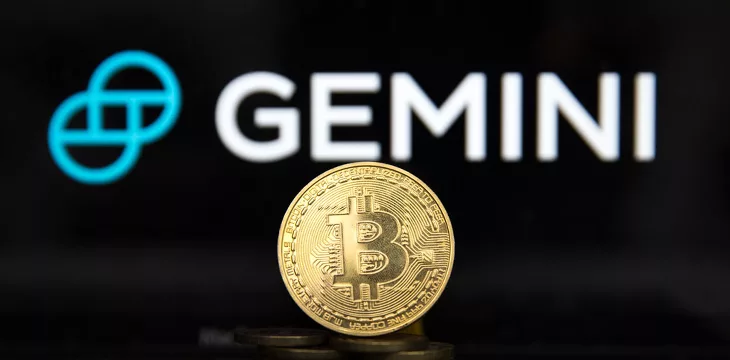|
Getting your Trinity Audio player ready...
|
Gemini and Genesis have filed a motion to dismiss the U.S. Securities and Exchange Commission’s (SEC) case against the pair over the ill-fated Gemini Earn asset lending program, which the SEC says was an unregistered securities offering.
The SEC’s complaint had alleged that the Gemini Earn program was a straightforward security offering under the Howey test: Earn customers invested money with the reasonable expectation of profits based on the efforts of Gemini and, in particular, Genesis, for whom the Earn program was its sole source of revenue.
In Friday’s filings, however, defendants Genesis and Gemini argued that the alleged ‘securities’ in this case—loan agreements between Genesis, Gemini and the customer—are mere lone agreements being incorrectly characterized by the SEC as securities offerings.
“The SEC’s conceptualization of loans would subject vast swaths of lending typically offered to American businesses to the full scope of the federal securities laws,” Genesis’ filing reads.
Genesis argued that the SEC’s complaint “does not, because it cannot, allege that each lender was casting its lot with [Genesis], with its fortunes rising or falling with GGC’s profits, or that the lenders were horizontally economically aligned with other lenders – features that are required for investment contracts.”
Instead, Genesis says that Earn customer returns were based on pre-determined, contractual interest rates based solely on the negotiated and fixed loan terms agreed at the outset. This is opposed to the SEC’s initial complaint, which alleged that “investors understood that, on a monthly basis, the interest rate for their Gemini Earn investments would be revised by Genesis, reflecting Genesis’ ongoing managerial efforts to pay among “the highest rates in the market.”‘
Similarly, Gemini argued that the SEC’s case should be dismissed for two reasons: one, the Gemini Earn customer loan agreements do not qualify as a security under the law; and two, even if it was a security, the security was never sold or offered to anyone. On the latter point, Gemini said that the loan agreements’ merely establish a mechanism by which parties could later choose (or not) to engage in subsequent transactions’ and pointed to the lack of a trading market or ‘sale-like terms’ for the loan agreements which would suggest a security capable of being ‘sold.’
As a result, according to the defendants, the SEC’s case against them should be dismissed.
Regulators fire shots at lending programs
The U.S. securities regulator’s move against the Gemini Earn program appears to be part of a regulatory clampdown on similar digital asset lending programs. In announcing the SEC charges in January, Grubir S. Grewal, Director of the SEC’s Division of Enforcement, said:
“The recent collapse of crypto asset lending programs and the suspension of Genesis’ program underscore the critical need for platforms offering securities to retail investors to comply with the federal securities laws.”
Indeed, there’s something ironic about Genesis and Gemini thrashing in resistance to regulatory action even after the Earn scheme has exploded spectacularly. The catalyst for the SEC charges was Genesis being forced to freeze all customer withdrawals as the FTX saga unfolded last year, locking 232,000 customers out of $900m worth of Gemini Earn funds and leaving both companies laying the blame on one another. Genesis was ultimately sent into bankruptcy, leaving both Gemini and Earn customers fighting for the return of their assets in court.
Given how badly Genesis’s mismanagement has left the Gemini Earn customers exposed, questioning whether the defendant companies’ failure to register with the SEC has exacerbated the damage caused by the Genesis collapse seems fair. That was certainly a focus of the SEC in bringing the charges:
“Defendants offered and sold the Gemini Earn Agreements through the Gemini Earn Program without registering the offer and sale with the SEC as required by the federal securities laws. As a result, investors lacked material information about the Gemini Earn program that would have been relevant to their investment decisions. Instead of providing investors with the full panopoly of information required by the federal securities laws, Defendants have instead only made selective and inadequate disclosure.”
This might be the reason why the SEC is pushing for both Gemini and Genesis to be prohibited from continuing to do business in the digital asset industry.
Follow CoinGeek’s Crypto Crime Cartel series, which delves into the stream of groups—from BitMEX to Binance, Bitcoin.com, Blockstream, ShapeShift, Coinbase, Ripple, Ethereum, FTX and Tether—who have co-opted the digital asset revolution and turned the industry into a minefield for naïve (and even experienced) players in the market.

 02-15-2026
02-15-2026 




